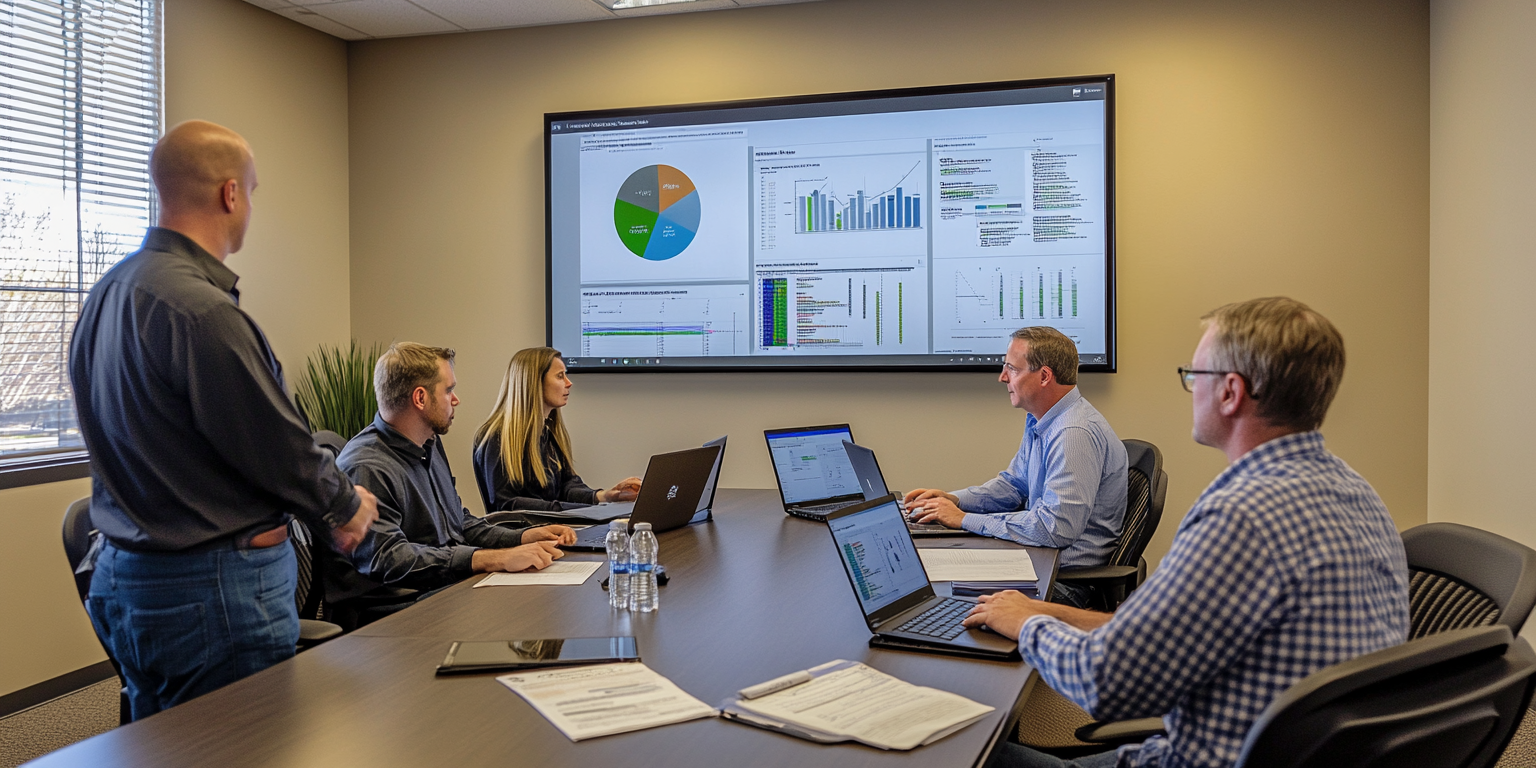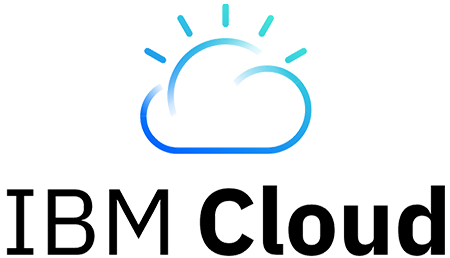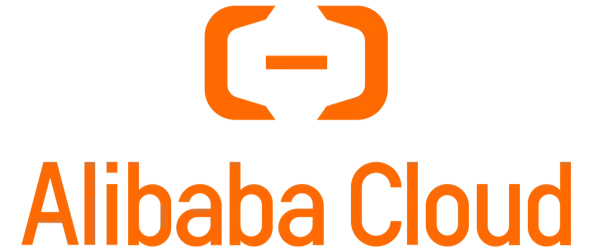Foundations of Modern Infrastructure
Cloud-based services have revolutionized corporate IT infrastructures, enabling flexible resource management, cost efficiency, and global scalability. Aleron IT’s expertise lies in integrating leading cloud platforms, each offering unique advantages to meet different business needs.
The Strategic Importance of Cloud Technology in Modern Businesses
Cloud computing is no longer just a technical solution; it’s become a central component of digital transformation efforts. Companies of all sizes and across industries are leveraging cloud capabilities to increase operational flexibility, improve time-to-market for new products, and drive innovation. By freeing organizations from the constraints of on-premises hardware, the cloud enables a shift toward a more dynamic, service-oriented IT model.
One of the most significant advantages of cloud technology is its ability to adapt to business needs. Whether it’s scaling resources during seasonal peaks or enabling remote teams to collaborate more effectively, the cloud offers a level of agility that traditional infrastructure simply can’t match. This responsiveness is further enhanced by advanced automation tools, machine learning capabilities, and global distribution options, making it possible to innovate quickly while maintaining high levels of security and performance.

Infrastructure as a Service (IaaS):
IaaS provides the foundational building blocks of IT—compute power, storage, and networking—delivered over the internet. By replacing physical servers with virtualized resources, businesses gain greater flexibility, cost savings, and the ability to scale quickly. Common IaaS solutions include virtual machines, scalable storage solutions, and load balancers, all designed to handle varying workloads without upfront infrastructure investments.

Platform as a Service (PaaS):
PaaS builds on IaaS by providing a higher-level development environment. With PaaS, developers can focus on creating and deploying applications rather than managing underlying infrastructure. This is particularly beneficial for software teams working on complex, multi-tier applications or those looking to integrate emerging technologies like microservices and serverless computing. PaaS offerings often include integrated development tools, middleware, and database management systems, enabling faster application delivery and simplified maintenance.

Software as a Service (SaaS):
SaaS offers fully managed applications that users can access via the web, eliminating the need for installation or ongoing maintenance. By using SaaS solutions, businesses can streamline workflows, enhance productivity, and reduce the burden on internal IT teams. From customer relationship management (CRM) tools to collaboration platforms and enterprise resource planning (ERP) systems, SaaS covers a wide range of business functions, providing users with instant access to the latest features and updates.

Major Cloud Platforms and Their Strengths
Aleron IT’s Comprehensive Cloud Migration Approach
When undertaking a cloud migration, Aleron IT follows a systematic approach to ensure success at every stage of the process.
1. Initial Assessment and Planning:
We begin with a comprehensive analysis of your existing IT environment. This includes evaluating current workloads, identifying opportunities for optimization, and determining the most cost-effective cloud solutions. Our team works closely with your stakeholders to define clear objectives, establish a migration timeline, and address potential challenges.



2. Platform Selection and Strategy:
Aleron IT’s cloud architects leverage their expertise across multiple platforms to recommend the most suitable solution for your business needs. Whether it’s a single provider or a multi-cloud strategy, we ensure the chosen architecture supports your long-term goals. By considering factors like compliance requirements, data residency, and application performance, we create a roadmap that aligns with your strategic priorities.

3. Seamless Migration Execution:
Our migration specialists handle the technical aspects of transferring your data, applications, and systems to the cloud. We prioritize minimal downtime, ensuring your operations continue smoothly during the transition. Using best practices and proven methodologies, we validate each step of the migration to maintain data integrity, security, and performance.



4. Continuous Monitoring and Optimization:
Post-migration, we remain engaged to optimize your cloud environment. By leveraging advanced monitoring tools, we track resource usage, identify areas for cost savings, and implement recommendations to improve efficiency. Aleron IT provides regular reports and insights, helping you get the most value from your cloud investment.

Long-Term Value of Partnering with Aleron IT
Aleron IT goes beyond technical expertise. We focus on delivering strategic business outcomes through cloud adoption. By tailoring solutions to your unique requirements, we help you achieve greater agility, reduce costs, and drive innovation. Our commitment to continuous improvement ensures your cloud environment evolves alongside your business, supporting your goals for years to come.
Contact Aleron IT today and take the first step toward a more agile, efficient, and scalable IT future.
<send_a_message>
Contact us





